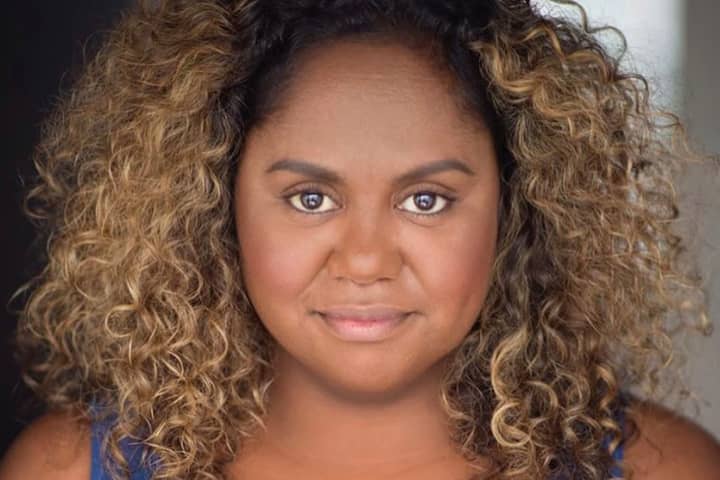Based on a real-life story, Jamaica Zuanetti’s The World Isn’t Made for Them – an excerpt of which will be part of this weekend’s Cybec Electric play readings – shines a light on an overlooked history that still has implications for women’s medical treatment today.
What made you start writing for the stage?
It was an accumulation of different experiences that led me to playwriting. I studied creative writing as an undergraduate so my obsession with writing, words and story was cemented.
I was drawn to the performing arts and thought the best way to enter the theatre world was as an actor. So I studied acting at the National Theatre Drama School but after a few years of auditioning and acting I realised it actually made me feel quite ill and anxious. I’m not sure why it took me so long to realise that I was always more comfortable offstage but I think studying and working as an actor has helped me as a playwright. I applied for the Masters course in playwriting at VCA and have continued to write and produce plays since.
Can you tell us about your Cybec Electic play, The World Isn’t Made for Them?
It follows the lives of four women – Augustine, Blanche, Jeanne and Genevieve – who are patients at the Salpêtrière Hospital in 19th century Paris. The women are diagnosed with ‘hysteria’ by the doctors and become the hospital’s stars, exhibiting their symptoms to the elite of Paris to watch. There is a strangeness to the world the women live in, in the Salpêtrière, where they are at once admired by and looked down upon by the public and powerful doctors.
The women, their experiences and how they attempt to navigate and survive this bizarre treatment is at the core of the play.
Why this play and why now?
Although the women lived over a century ago, their humanity, experiences, desires and needs are similar to ours. Unfortunately, because of their position in society at the time and their life experiences, they were seen as ‘damaged’ and didn’t fulfil the ‘ideal’ expectation of women at that time.
‘Generally, I like to write about ideas that perplex me or that I find bizarre, as a way to highlight the more difficult aspects of life and the world we live in.’
We continue to do this in society, with people or groups of people who don’t fit into society’s very narrow model, and we discard anyone who can’t keep up. I believe we appropriate suffering to the fault of individuals instead of realising that our current society and its constructs cause suffering. In the case of women, women’s bodies and pain continue to be mistreated, illnesses undiagnosed and suffering ignored.
Can you tell us more about your writing process, where you write and why?
In the beginning, my process is ephemeral. It will most likely be an image or a feeling that obsesses me. I take the time to think and time to dream to understand how this image or feeling could take shape. Sometimes, through journaling, I’ll be able to put the idea on the page and it will develop from there. I think my process shifts for each play. Previously, I’ve drawn from my own life experience and the play has poured out of me. With The World isn’t Made for Them, there’s the historical context and the world at the time to research so the process feels a lot more organised and structured.
I normally try and write at home at my desk but sometimes I need to take myself out to write in different places. Cafes, libraries, in notebooks on public transport.
I’m not sure why I write exactly. I’ve always loved reading so am inspired to write by authors and playwrights. Generally, I like to write about ideas that perplex me or that I find bizarre, as a way to highlight the more difficult aspects of life and the world we live in. On a personal level, I think it helps me make sense of my place in the world.
How do you know when an idea should turn into a play?
When it doesn’t leave me alone! When I get a sense of characters and who they are, I get inspired to see how they might function in a particular time or world.
What excites you most about your participation in Cybec Electric 2021?
After a year of theatres being dark, I’m so excited to be in a room with other creatives! I’m keen to get a sense of how the play sounds off the page and gain feedback from other creatives and professionals. It will also be a wonderful way of getting a sense of how the play is affecting an audience and how I might develop it further. I’m most looking forward to working and collaborating with people and being a part of a really wonderful group of talented writers and artists. Cybec always feels exciting with the promise of new work.
The Cybec Electric play readings run from 19 to 20 February 2021 at Southbank Theatre.
Cybec Electric forms part of MTC’s ongoing commitment to the development of new Australian writing, and is only possible due to the support of the late Dr Roger Riordan AM and The Cybec Foundation.
Published on 16 February 2021





